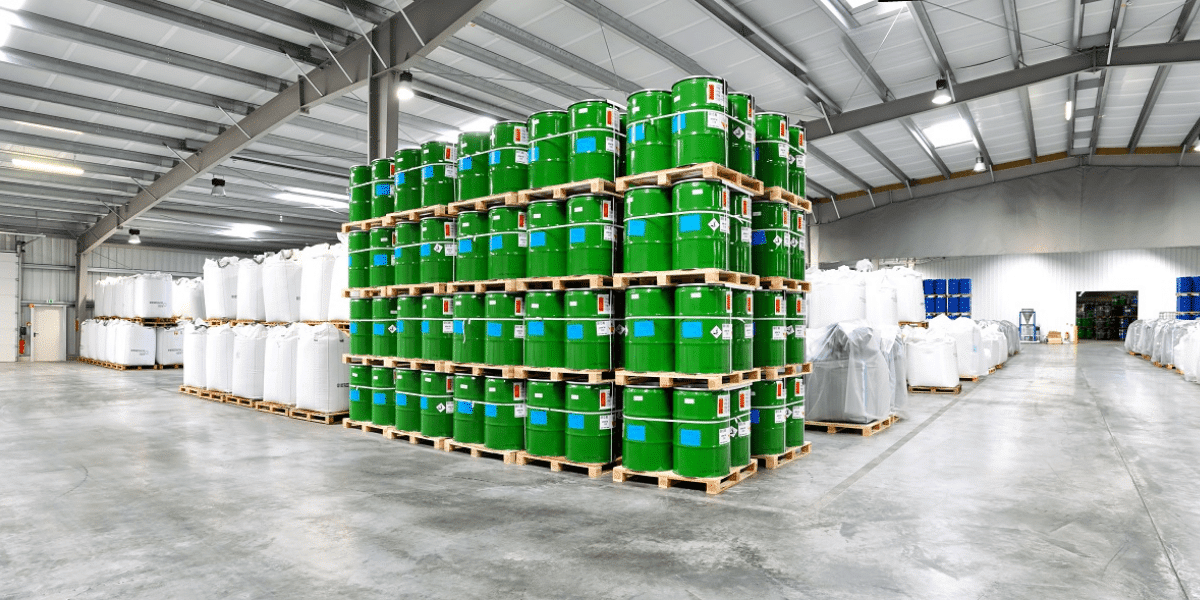TCE, which is the acronym used for Trichloroethylene, has been classified as a Category Two Carcinogen. The risk phase associated with a Category Two Carcinogen reads as follows: “R-45 Risk Phase – May Cause Cancer. “ If your industrial business happens to be using TCE currently, and you are only now becoming aware of its hazardous chemical makeup, you need to make a change. Now. Already, the answer to the posed question in the title of this blog has been answered with absolutely zero equivocation. Any product that has a tagline that reads: “May Cause Cancer” immediately and with absolutely no prejudice. Though the cancer causing agents are, by far, the worst problem and highest risk associated with TCE, the chemical agent can also irritate eyes, skin, and throat, and the vapors can cause drowsiness and dizziness. In addition, TCE has been determined to be a threatening agent that increases the risk of Global Warming, is a hazardous air pollutant (making it subject to annual reporting requirements), and is chemically unstable and requires stabilizers, especially when being used as a vapor degreaser. Pertaining to use as a vapor degreaser, because of its extremely high boiling point and high heat of vaporization, TCE is one of the highest energy consumers for a chemical compound. Moreover, with regard to the previously mentioned chemical instability, because TCE is highly unstable, the solvent must be periodically removed and replaced with a new, fresh solvent, which results in a liquid waste stream, in addition to a much higher associated cost and expense.
In short, TCE is bad news, and if your industrial business is still using this chemical compound, hopefully you are on the phone with Ecolink already trying to make the switch to a safer alternative. One such alternative that is suggested as a substitute for TCE is FluoSolv CX. Right off the bat, FluoSolv CX is not labeled as a CMR (Carcinogenic, Mutagenic, and Reproductive Toxin), and TCE is. In other words, FluoSolv CX is not made up of chemical compounds that can kill people and pollute the environment. FluoSolv CX has an exposure limit of 200 ppm (parts per million). In case that sounds worrisome, it should not be. Instead, what should be worrisome is that the exposure limit for TCE is 5 ppm. In addition, FluoSolv CX is not considered a Hazardous Air Pollutant (HAP) the way TCE is, and FluoSolv CX is made up of a blend of stable molecules that do not disintegrate in vapor degreasers, therefore no stabilizers are needed, which is the exact opposite of TCE. Finally, FluoSolv CX has a much lower boiling point than TCE, a much lower heat of vaporization, meaning it requires much less energy for vapor degreasing, unlike TCE, which require more than most chemical molecules, and does not generate a liquid waste stream. In other words, FluoSolv CX is a much more environmentally friendly choice over TCE, which is not environmentally friendly whatsoever.
If your industrial business is using TCE, please consider making the switch to FluoSolv CX, which is a much safer and less expensive option for cleaning and degreasing your industrial products.















